In a country such as India, where the majority of the population lives in the rural areas, the state of rural environment is substantially influenced by the state of rural economy. As the rural or agriculture economy changes, the natural resource management issues have to be addressed in the changing scenario. In fact, all the sectors are changing in the Indian economy, agriculture is changing the most. Changing patterns of agriculture production have many environmental implications, some of which are positive and others are negative. In many cases, conversion to cropland in the last three decades has been a source of land degradation. Fertilisers demand and the adverse effects associated with their misuse seems to be moderated, because over application of fertilizer is contributing to eutrophication problems. The significant adverse environmental consequences have also been discussed, in which increased production of horticulture products and cash crops such as vegetables-fruits tend to be associated with increases in most hazardous pesticides applications and increased livestock production can result in increased emissions of organic pollutants. India, perhaps, is the largest producer and consumer of pesticides in the world. The farmers are overusing the pesticides / fertilisers or others are using elevated pesticide residues in food products. Surprisingly, they are quite unaware of the health risks related with their use. This may create desertification. In future, it will be very hard and difficult to locate ecologically sensitive land. We have discussed the circular relationship of poverty and natural resource degradation in a greater way and also discussed the ways that is needed to make a coordinated attack on the land degradation.
Agriculture and Food
$36.90
$41.00
In stock
Free & Quick Delivery Worldwide
All orders amounting to US$ 50 or more qualify for Free Delivery Worldwide. For orders less than US$ 50, we offer Standard Delivery at $14 per book.
ABOUT THE AUTHOR A.K. Shrivastava
Prof. A.K. Shrivastava is chairman of the Council for Training and Research in Ecology and Environment, New Delhi. The CTREE, founded by Prof. Shrivastava, Structured “Environment Auditing / Environment Impact Assessment in a course frame, for the first time in India. The course was inaugurated in the year ’98 by the then Minister of Environment & Forests, Government of India Sri Suresh Prabhu. Under the academic guidance of Prof. Shrivastava, more than one hundred and sixty participants were imparted short term training programme in the stream of Environment Auditing and Environment Impact Assessment, among those corporate executives, environmental Scientists and engineers, corporate bodies, senior forest officers and agriculturists can be underlined. Besides the training programme, he is currently providing expert consultancy to the government departments, corporate bodies and NGO’s in the matters of ecology and environment. As chief executive of the CTREE, Prof. Shrivastava has also worked as consultant / monitor / project evaluator with the Ministry of Environment and Forests / Ministry of Rural development, Govt. of India / Corporate bodies / and NGO’s as well. He has participated in various national and international seminars and conferences and addressed on the topic of management, eco-consumerism, environment and sustainability. He is author of several books on environment and management. He is found chief of National Council for Registration of Environmental Auditors (NCREA, India); Institute of Environmental Auditors & Impact Assessors, (IEAIA), India).
reviews
0 in total
Review by Anonymous
Be the first to review “Agriculture and Food” Cancel reply
You must be logged in to post a review.
Bibliographic information
Title
Agriculture and Food
Author
Edition
1st ed.
Publisher
ISBN
8176485993
Length
viii+435p., Tables; Appendix; Index; 23cm.
Subjects

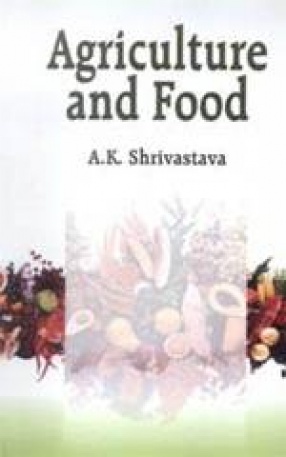
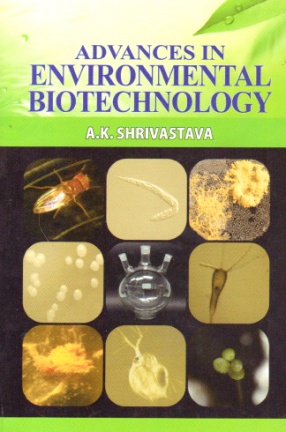
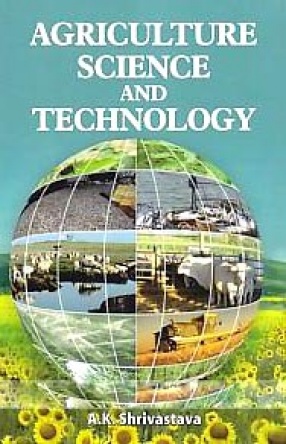
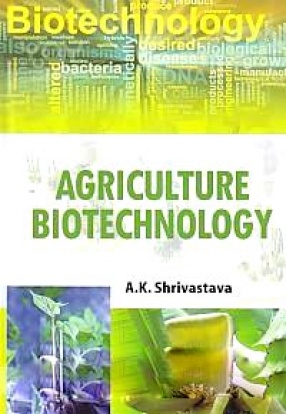

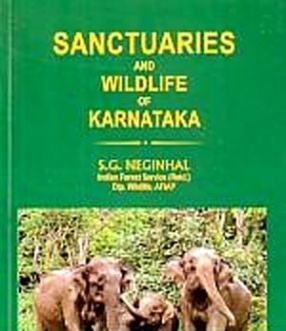

There are no reviews yet.